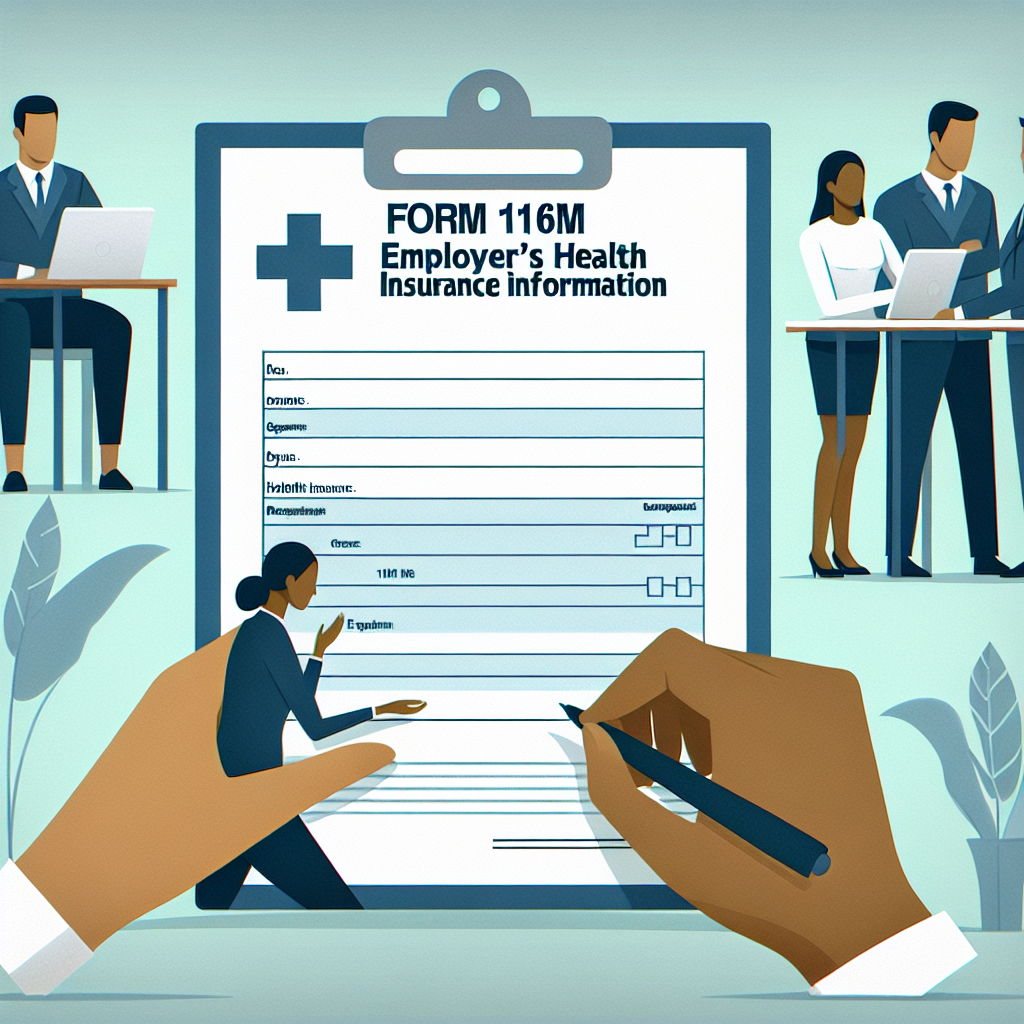Filed under Health Insurance on
Affordable Health Insurance Tips by RealFoodZim

Amidst the rising costs of healthcare, securing an affordable health insurance plan has become an essential part of managing one’s financial health. Here at RealFoodZim, we understand that navigating the world of health insurance can be daunting. With various plans, options, and terminologies to grapple with, trying to find the best fit for your needs—to put it mildly—can be overwhelming. Nevertheless, with informed decisions, it is possible to find a plan that offers good coverage without breaking the bank.
Understanding Your Health Insurance Needs
Before you dive into the world of health insurance, it's crucial to understand what you need. Consider your age, health status, family medical history, and financial situation. For instance, if you rarely see a doctor, a high-deductible plan might be a cost-effective option. Conversely, if you have chronic conditions requiring regular care, a plan with a higher premium but lower out-of-pocket costs could save you money in the long run.
Shop Around and Compare Plans
Shopping around is one of the most effective ways to find affordable health insurance. Utilize online marketplaces and resources to compare different plans, premiums, and coverage options. Websites like HealthCare.gov allow you to review multiple plans and filter them based on your preferences.
Example:
John, a freelancer, used an online insurance marketplace to compare health plans and discovered that by switching from a Bronze to a Silver plan, he could access better preventive care services at a slightly higher premium, which resulted in lower overall annual healthcare costs due to fewer out-of-pocket expenses.
Take Advantage of Subsidies and Tax Credits
In many countries, subsidies and tax credits are available to individuals and families who meet certain income requirements. These can significantly reduce the cost of health insurance premiums. Research the subsidies available in your area, as these can make even more comprehensive plans affordable.
Example:
Susan, a single mom with two kids, was initially overwhelmed with healthcare costs. However, by applying through the marketplace, she qualified for a subsidy that reduced her premium by half, allowing her to afford a comprehensive health plan for her family.
Consider a Health Savings Account (HSA)
An HSA is a tax-advantaged savings account designed to help people with high-deductible health plans (HDHPs) pay for qualified medical expenses. Contributions to an HSA are tax-deductible, and withdrawals used for qualified expenses are also tax-free.
Benefits of an HSA:
- Contributions reduce taxable income.
- Funds roll over year to year, allowing them to grow tax-free.
- Can be used as a retirement savings tool.
To qualify, you must be enrolled in a high-deductible health plan, defined in 2023 as having a deductible of at least $1,500 for an individual or $3,000 for a family.
Review and Negotiate Your Current Plan
Even if you’re happy with your current health insurance, it’s always good practice to review your policy annually. This allows you to reassess your needs and make changes if necessary. You might also be able to negotiate with your provider to reduce your premiums.
Example:
After a couple of years with the same insurer, Tom approached his insurance company to negotiate better rates. By highlighting his good health habits and lack of claims over the years, he successfully reduced his monthly premium by 10%.
Consider Alternative Insurance Models
Alternatives like health-sharing plans or direct primary care (DPC) memberships can offer more affordable solutions for those struggling with traditional health insurance costs. Before considering such options, make sure to understand the limitations, as these may not provide the same coverage as traditional insurance.
Real-life Implementation:
Jane, a small business owner, opted for a health-sharing program. This move cut her healthcare costs by 30%, though she ensured she had a clear understanding of the limitations like network restrictions and coverage exclusions.
Maximize Employee Benefits
If you are employed, your employer might provide health insurance options. Ensure you understand and maximize these benefits. Employers often cover a portion of the premium costs, and there might be supplementary wellness programs available, which could save you further money in the long term.
Example:
When Kevin switched jobs, his new company offered health insurance that covered preventive care at no additional cost. By thoroughly exploring his new benefits, he transitioned to more comprehensive coverage at a lower personal cost.
Seek Professional Guidance
If the process becomes too complex, consider consulting a health insurance broker or advisor. These professionals can help you understand your options, tailor them to your needs, and might even uncover options you hadn’t considered.
Simplifying the Process:
Linda consulted a professional advisor who guided her through the application process and helped her qualify for a tax credit, reducing her premium substantially while ensuring adequate coverage.
FAQs
What is the most affordable type of health insurance?
The most affordable type depends on your individual needs and circumstances. High-deductible health plans (HDHPs) are often more affordable in terms of monthly premiums, especially when paired with a Health Savings Account (HSA).
How can I lower my health insurance premiums?
You can lower your premiums by opting for a higher deductible plan, maintaining a healthy lifestyle to qualify for lower rates, or using government subsidies if eligible. Shopping around and comparing different plans annually is also advisable.
Are health-sharing plans a good alternative to traditional insurance?
Health-sharing plans can be a cost-effective alternative, but they come with limitations such as restricted networks and exclusions for pre-existing conditions. It's important to compare these against your healthcare needs and expectations.
Can I use my Health Savings Account for any medical expense?
An HSA can be used for qualified medical expenses, which include doctor's visits, prescription medications, and certain treatments. Non-qualified expenses may incur taxes and penalties if funds are withdrawn.
Is it worth hiring a health insurance broker?
Hiring a health insurance broker can be worth it, especially if you're navigating complex policies or unsure of your options. A broker can help clarify plan details, uncover savings, and ensure adequate coverage based on your personal situation.





